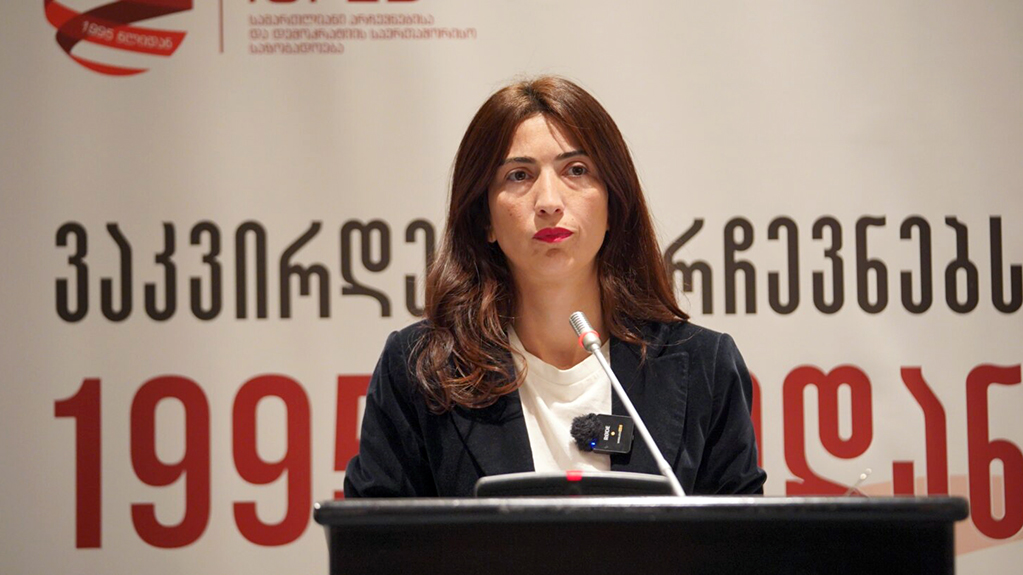"The violations revealed during the pre-election period - particularly voter pressure, intimidation, confiscation of identity cards, collection of personal data, and voter bribery - significantly damaged confidence in the elections.
News
Even on election day, Fair Elections identified serious violations: ballot stuffing, multiple voting, unprecedented bribery of voters, expulsion of observers from precincts, and instances of mobilizing voters outside the precincts, along with the collection of their personal data and attempts to control their choices.
As per Fair Elections, the combination of these violations may have significantly impacted the election results. We believe that election day and the pre-election period should be evaluated together for a comprehensive assessment of the election," - stated Nino Dolidze, Director of Fair Elections.
According to her, based on the methodology of parallel counting of votes, the organization did not observe large-scale problems during the vote counting. However, the organization emphasizes that the issues revealed during the pre-election environment and on election day significantly impacted the voting process and its results.
Nino Dolidze summarized the violations identified on election day:
Numerous problematic incidents and irregularities were noted throughout the country during the voting process. 9% of polling stations did not protect the secrecy of voters' votes. Additionally, issues related to the marking procedure were detected at 9% of the polling stations. There were instances of restricting the rights of observers, as well as cases of intimidation, verbal and physical violence, and expulsion from polling stations. In several election precincts, there were documented incidents of mass ballot stuffing and multiple voting.
Fair Elections monitored the processes occurring on the outer perimeter of the precinct, which also influenced the voting processes and results. Fair Elections identified cases of voter registration at 11 percent of polling stations on the outer perimeter.
The organization recorded incidents of verbal and physical confrontations and threats at 11% of the polling stations. Mobilization and transportation of voters were detected at 19% of polling stations. Most concerning were the recorded allegations of voter bribery on the outer perimeter at 13% of precincts, which is significantly higher than the detection of similar incidents during previous elections.
Regarding specific problematic cases, it is particularly noteworthy to mention, for example, 2 instances of ballot stuffing; 4 cases of multiple voting; 25 cases of violations of voting secrecy; 11 cases of restricting observers' rights and expulsion from the area; 18 cases of issuing more than one ballot; and fourteen cases related to portable ballot boxes. Additionally, there were instances involving electronic devices. Problems related to site arrangements were particularly concerning, where observers were not adequately given the opportunity to oversee the verification process.
Fair Elections observers ultimately filed more than 200 complaints. Of these, over 100 were directed to precinct election commissions, and 97 were submitted to district election commissions. Approximately 70 notes were recorded in the logbook, and one complaint has been filed with the Central Election Commission. Concerning the outer perimeter of the district, there were over one hundred incidents, while approximately one 170 incidents were reported within the district," said Nino Dolidze.















